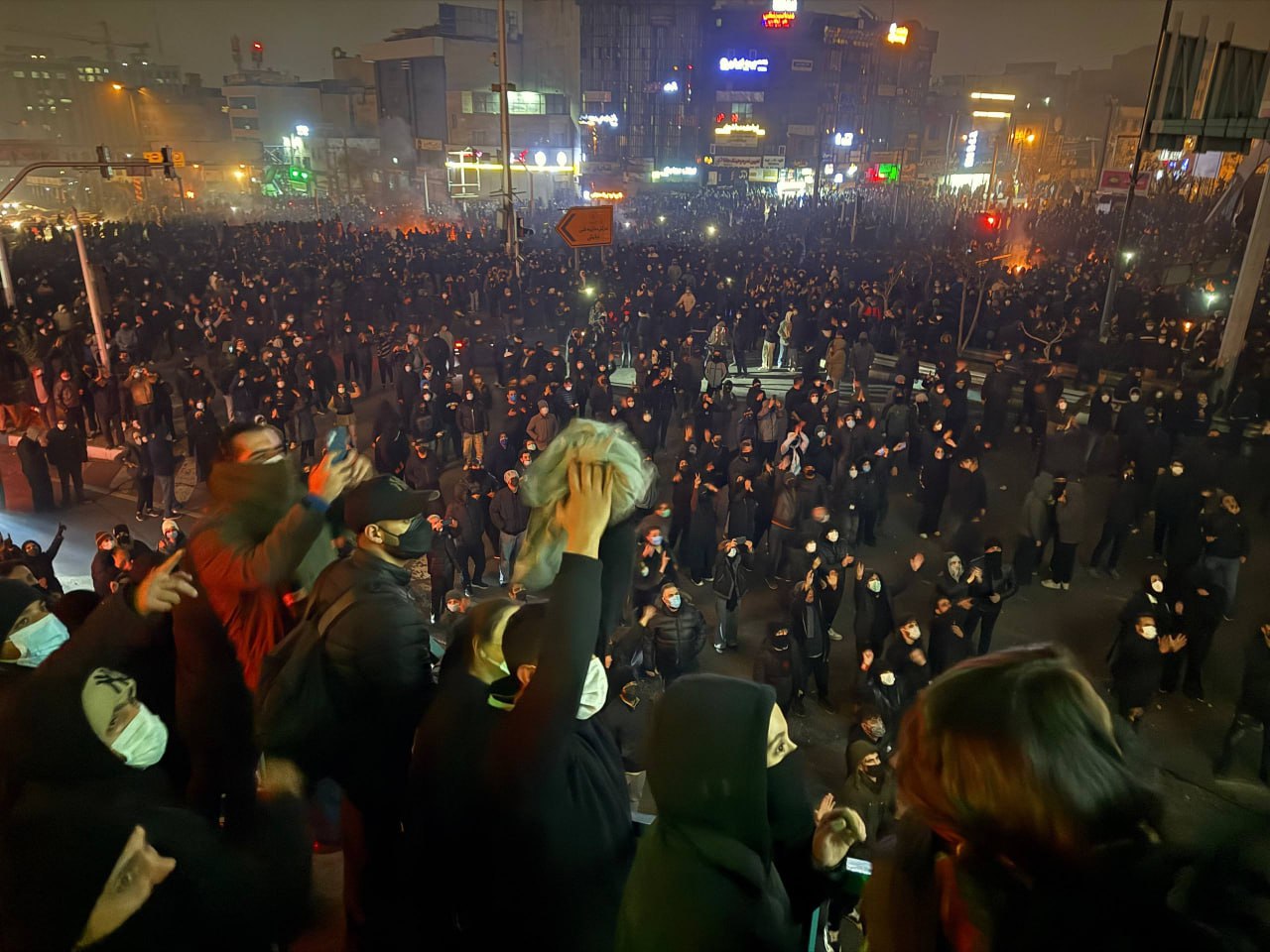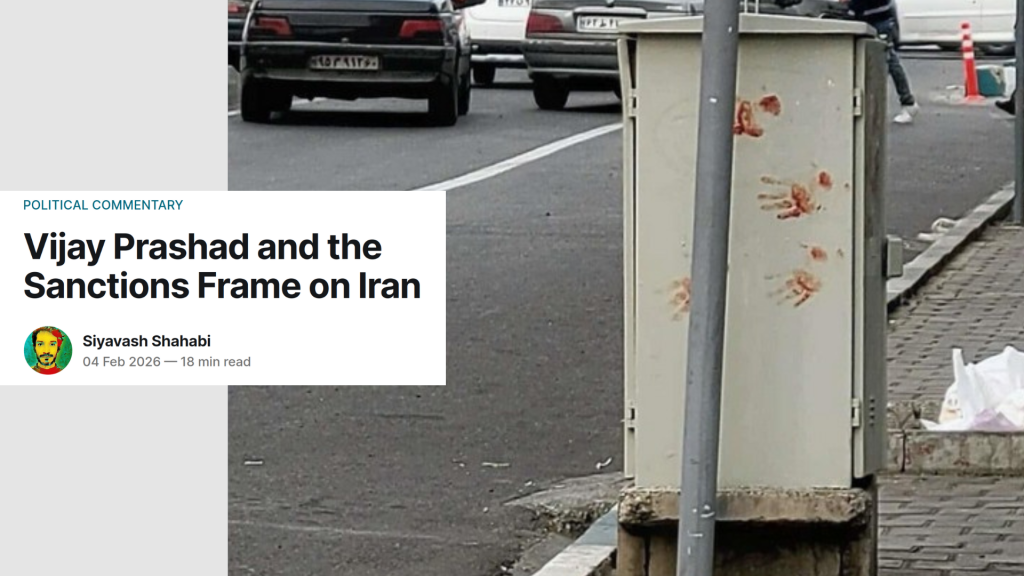Unveiling Iran
Culture, Politics, and People
The spirit of the Iranian people remains strong. They continue to fight for their rights, culture, and place in the world.

Women
Women are the backbone of society, driving change and progress. Fight for equality and freedom demonstrate strength and resilience, shaping a better future for everyone.
View →
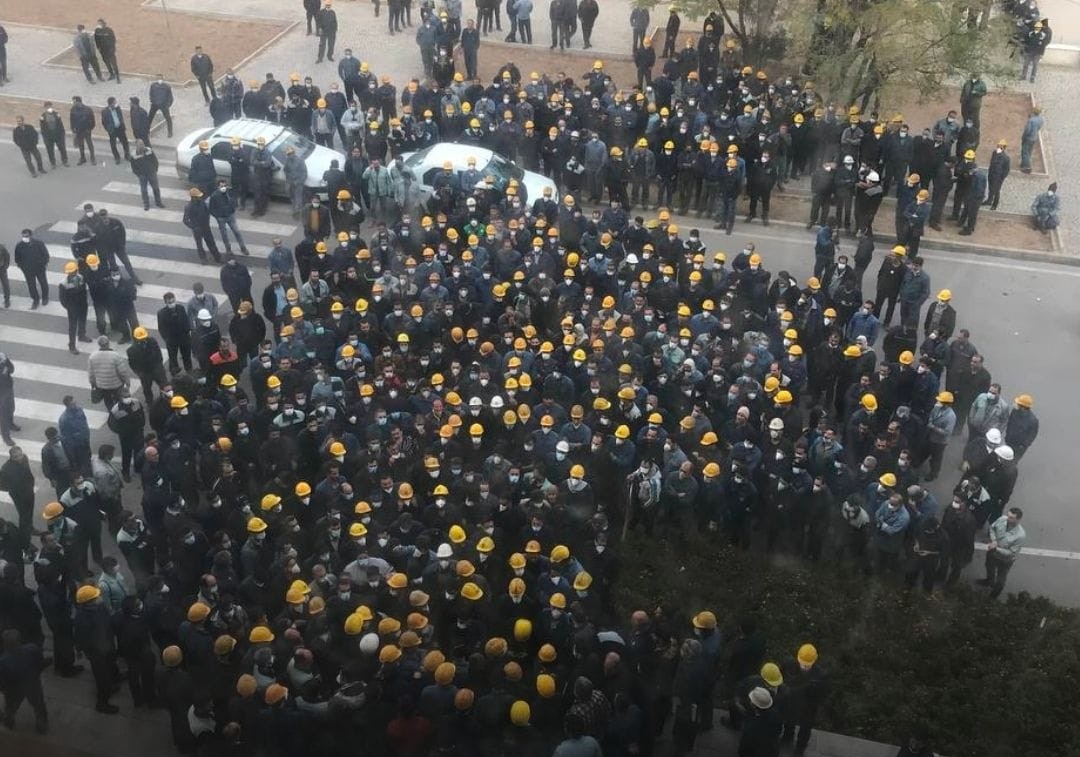
Labour
The ongoing worker movement for rights and fair conditions is vital for socio-political change. This struggle is essential for creating a just society where everyone can thrive and succeed.
View →
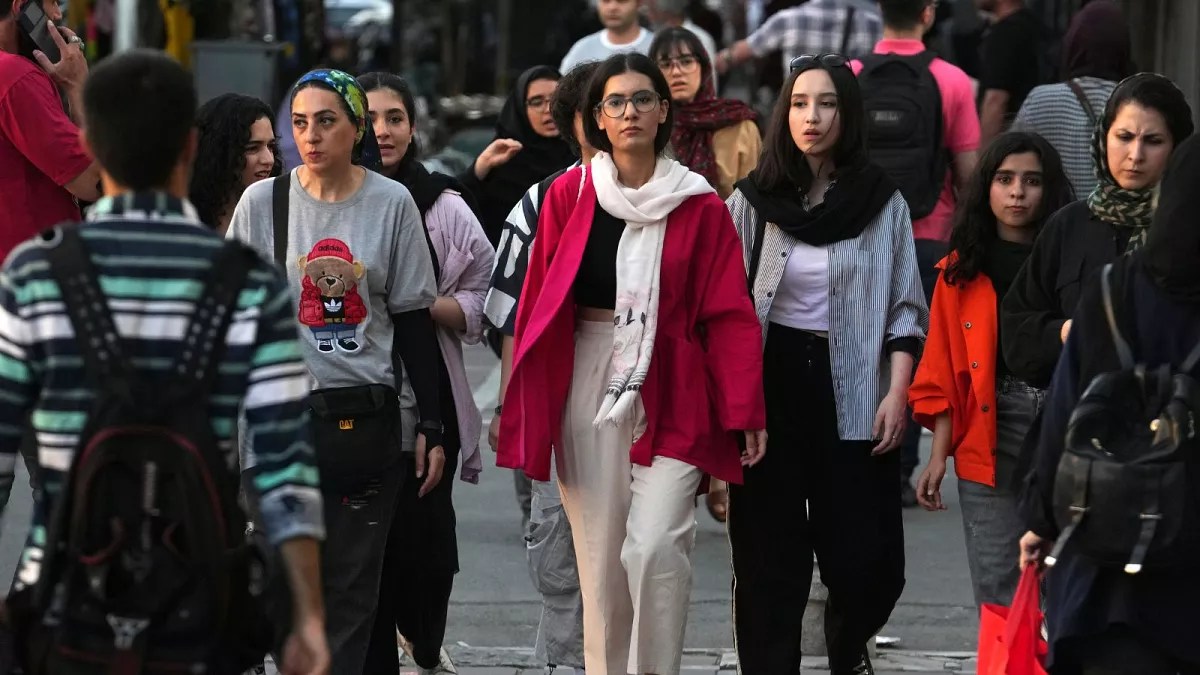
Society
Iranian society is diverse and vibrant, blending ancient traditions with modern influences. Despite challenges, the people’s resilience and rich cultural heritage continue to inspire and endure through time.
View →

History
Iran’s modern history is marked by significant events: the 1979 Islamic Revolution, the Iran-Iraq War, and ongoing political reforms. These events shape its complex and evolving identity today.
View →
FNT Podcast
Join me every two weeks as we delve into various aspects of socio-political issues to cultivate a more profound comprehension of our world. Together, striving to bring lucidity to the complexities of our collective existence.
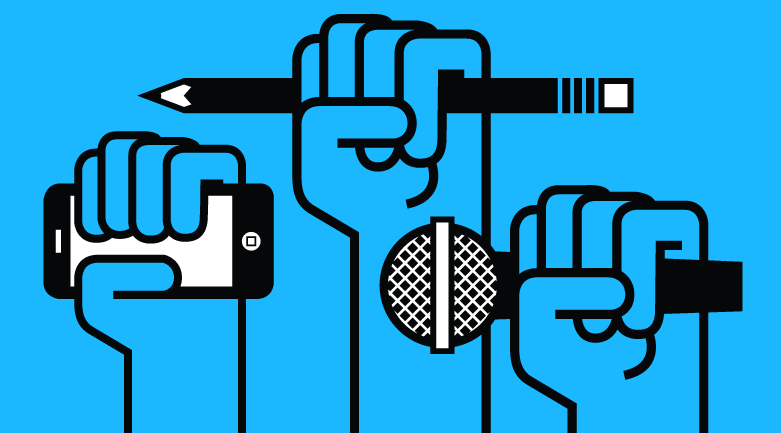
2003 invasion of Iraq Afghanistan capitalism colonialism Death penalty Economy Greece history honor killing imperialism Iran Iran Eelection Iranian 1979 revolution Iranian protests Iranian Revolution Iranian Society Iranian workers Iraq Islam Israel Karl Marx Kurdistan migrants nationalism Orientalism Palestine Political Islam pushback Racism Refugees Religion Social Movements Society Student movement Syria Taliban Tehran Turkey Ukraine war United Stated war West of Asia What Guests Said Women workers
The Fire Next Time by Siyavash Shahabi is licensed under Attribution-NonCommercial-ShareAlike 4.0 International
